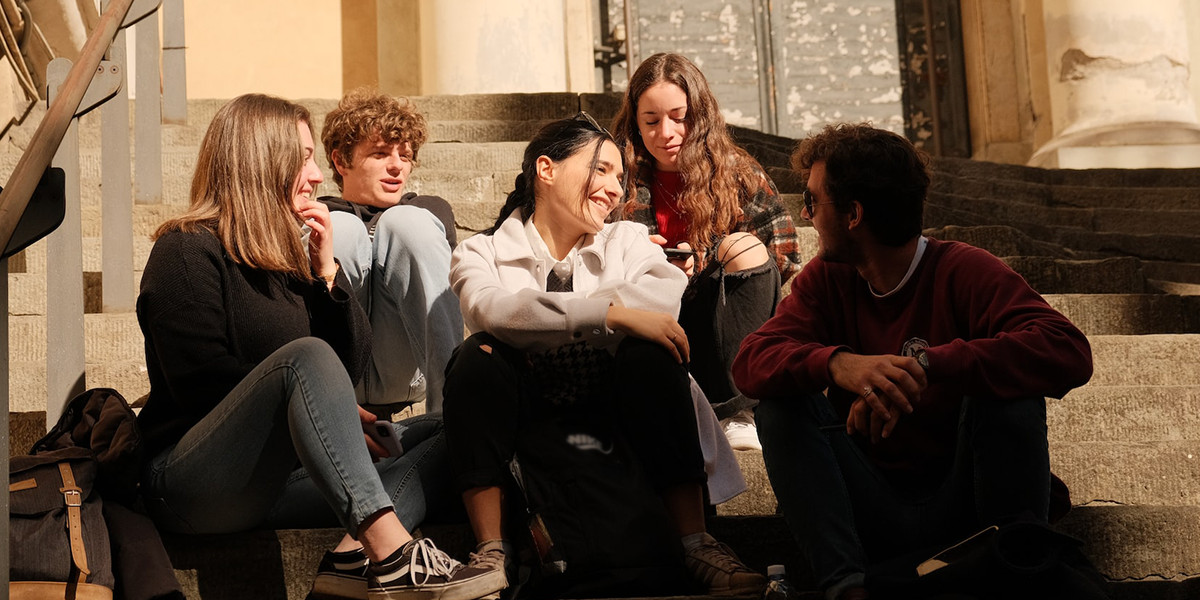While Gen Zs are smashing stigmas surrounding seeking help for mental health problems have we in the process forgotten about another important and effective mental health hack for teens?
That’s a solid ‘yep’ according to the results of one of the latest studies into the relationship between sport and mental health in children and adolescents.
The large-scale ‘Associations between organized sport participation and mental health difficulties’ study explored the relationship between participation in organised sport and a broad array of mental health difficulties among US children and adolescents, tracking more than 11,000 children aged 9-13 from 22 locations in the United States.
Using data obtained from parents’ self-assessment of their child’s mental health using what’s called the ‘Child Behaviour Checklist’, the study found that involvement in team sports was associated with 10% lower anxiety and depression scores amongst children and teens compared to those who didn’t play sports.
One in five (19%) reported lower ‘withdrawn and depressed’ scores, while 17% reported lower social problems scores, 17% reported lower thought problems scores, and 12% reported lower attention problems scores.
“Participation in sport may promote child and adolescent mental health because of the many fruitful opportunities to build social relationships and friendships, which can help foster a sense of belongingness within the athletic context,” the report concluded.
“Social interactions and feelings of relatedness with others are inherent aspects of team sport participation. Consequently, it is not surprising that involvement in organised youth team sport has been associated with better mental health.”
Compared to non-sport participants the report found individuals who maintained team sport participation from adolescence (11–16 years) through to young adulthood were less stressed and had lower odds of experiencing panic disorder symptoms.
“Participation in team sport during the adolescent years has also been associated with fewer symptoms of depression and anxiety at later time points.”
However.
According to our Gen Z Wellbeing Check report just over half (53%) of Gen Zs say they feel they’re physically active enough.
So what can you do to encourage your child to play more sport as a mental health management tool?
“Getting children into activities at the earliest opportunity establishes a pattern … you can’t start too early,” Claire-Marie Roberts, psychologist and head of coach development at the Premier League, told the Guardian.
For infants this looks like regular trips to the park, pool or soft play centres to incorporate physical activity into daily life. For preschoolers this looks like focusing on praise, rather than improvement regarding participation in sport.
Take it from former British Olympic cyclist and father of two Chris Hoy, who told the Guardian:
“At my son’s first taekwondo competition he lost, but he was still incredibly proud that he’d tried. We tell him, ‘Don’t worry about other people; you weren’t the best that day, but you’re better than you were a week ago, and you’re having fun.”
Once in primary school?
Kids should try as many different sports as they can and both parents should get involved themselves.
“(This) sets positive behavioural examples, so exercising becomes the norm in that family,” Roberts says.
“Unfortunately, in normative heterosexual family units usually it’s the man who will role-model sport and exercise. It’s really important that both parents do this equally.”
And to keep them interested as they enter their teenage years you can help them find their passion (not yours!) and support them in overcoming disappointments.
“Parents often use their children as outlets for dreams they didn’t achieve, but the child’s voice needs to be heard,” Roberts says.
“(Identifying the positives in failure encourages) children to reflect and explain that everybody experiences disappointments – including the most successful athletes”.
But most importantly, Roberts says, is allowing your Gen Z kid to quit if they want to.
“At this age, their increasing autonomy is really important.”





